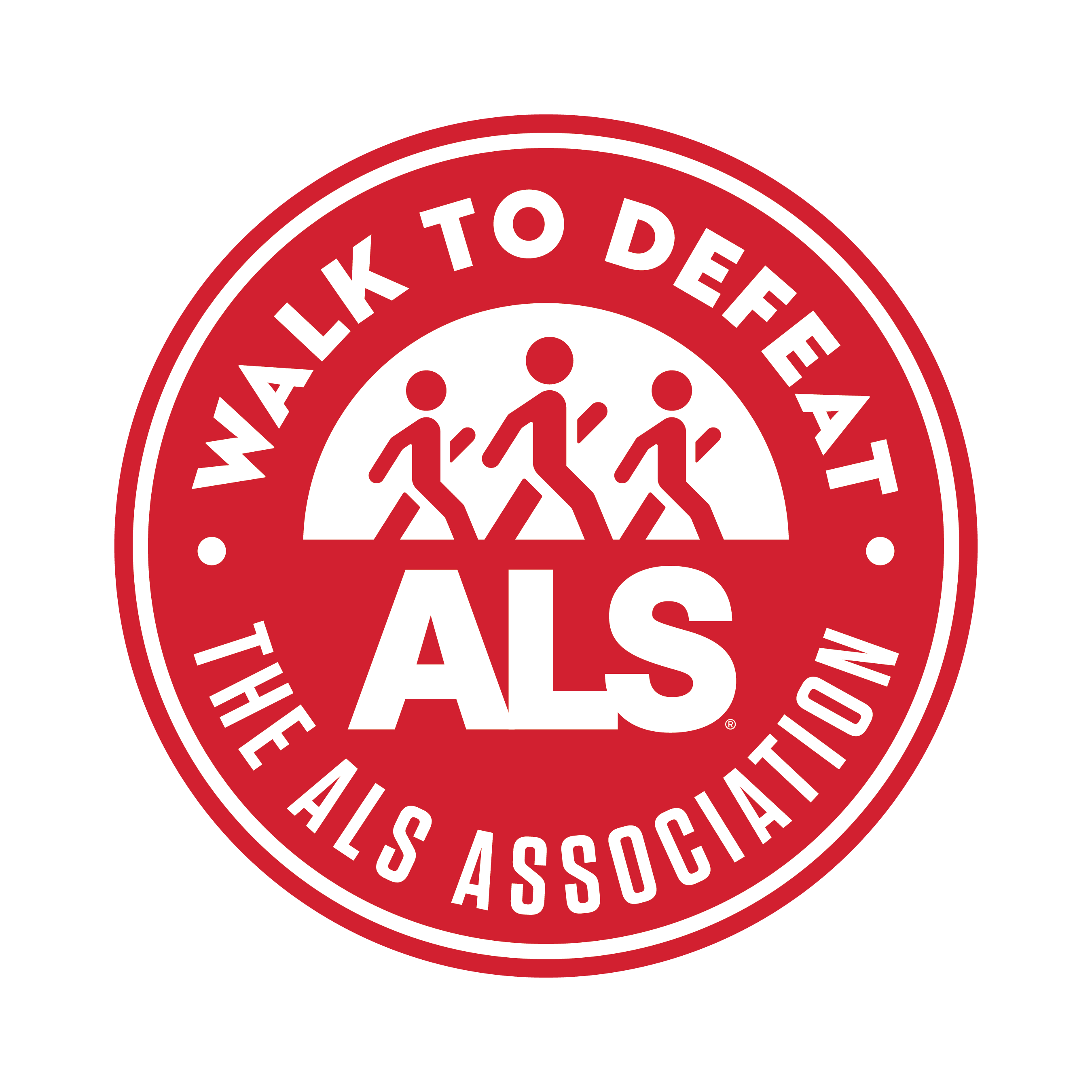Respite Care
Being a family caregiver, while a fulfilling role, can consume a great deal of physical, mental and emotional energy. Consequently, respite care is very important because it gives family caregivers of persons with ALS an opportunity to create a plan of care for themselves; something a caregiver often overlooks.
Click here to read a document on "Facts About Family Caregivers" compiled by the National Family Caregivers Association.
Respite care simply means an interval of rest or relief. Respite care gives you, the family caregiver, an opportunity to take a much-needed break from the daily care that you provide for your loved one. A period of respite may be a few hours or a few days at a time, depending on what is decided between you and the care recipient. There are a number of ways you can spend your "time off" during your respite. Here are just a few examples:
- Go to the movies
- Read a book at a nearby park
- Go on a short vacation
- Have someone else care for your loved one while you retreat to another part of the house and watch TV, read a book, or take a nap
- Attend a caregiving support group
- Sit in the sun
- Take a walk
- Treat yourself to lunch at a restaurant with a friend
- Get a massage / facial / manicure... do something for you
It is important to have a plan for your own self care because doing so can enhance the quality of life for you and the quality of life of your loved one. The more relaxed and fulfilled you feel, the more easily you will be able to provide the necessary care to your loved one. It is also possible that your loved one will appreciate a respite from the normal routine of care as well!
The lack of a conscious plan of self-care can result in caregiver burnout. How do you know if you are burning out? Some symptoms of caregiver burnout are:
- Social withdrawal
- Exhaustion
- Inability to concentrate or relax
- Depression
- Inability to sleep
- Anxiety
- Irritability
- Forgetfulness
- Lack of appetite
Caregiver burnout makes the task of caregiving very difficult, if not impossible. It can lead to resentment on the part of the caregiver, and even illness. It is your responsibility as a caregiver to care for yourself as well as the person you are caring for.
Click to download a list of "Caregiving Tips And Hints"
Respite care is one tool you can use to help yourself avoid caregiver burnout. To begin taking advantage of the benefits of receiving a reprieve from the routine care you provide to your loved one, follow the three steps below:
Step 1-Are you a family caregiver?
The first step to receiving help is to identify whether or not you are a family caregiver. Not everyone considers the care they provide to their loved one as 'caregiving.' However, you are indeed a family caregiver if you provide care to an ill family member such as assisting with areas of personal care, emotional support and companionship, finances, and maintaining the household.
Step 2-Have you discussed your needs with your loved one?
It is important to communicate your needs and desires with your loved one, the person you are providing care for. If you believe that you might like to pursue respite care services, it is essential to discuss this with your loved one. In doing so, you may discover that your loved one is very supportive of the idea. You may also find that having such a conversation opens up doors for even more communication and intimacy.
Step 3-How do you find out about respite services available to you?
Respite care can take different forms. In-home respite care usually involves a trained professional (often from a home health agency) who comes into the home to provide necessary care during a period of time when the caregiver is away. In some communities, there may be a church, volunteer agency or group that provides respite care by a volunteer. (The level of training the care provider should have will depend on the level of care needed by your loved one.)
Another way to partake in respite care services is through a facility or residence that employs trained health care staff on-site. This type of respite would allow your loved one to stay at such a residence on a short-term basis (as determined by you and your loved one) and entitle him or her to receive whatever cares he or she needs. This kind of service may be available though a local long term care residence, hospital or assisted living facility.
A less formal way of way of receiving respite care assistance is by utilizing family and friends who are eager to be helpful. The next time a friend or family member asks you how they can help, consider responding by telling them that giving you a break for the day or an evening, or even for a few hours might be the nicest gift they can give you.
"We are most effective as caregivers when we are centered in our own sense of well-being."
- Caryn Summers, R.N.
For additional information and tips on how to select a respite care provider, contact The ALS Association at (212) 619-1400, or Patient Services at patient_services@als-ny.org.
Feel free to contact the Chapter with any questions about ALS or if there is any way that we can be of service to you and your family.
The ALS Association
The Greater New York Chapter
42 Broadway, Suite 1724
New York, NY 10004
Phone: (212) 619-1400
Fax: (212) 619-7409
Email: als@als-ny.org

